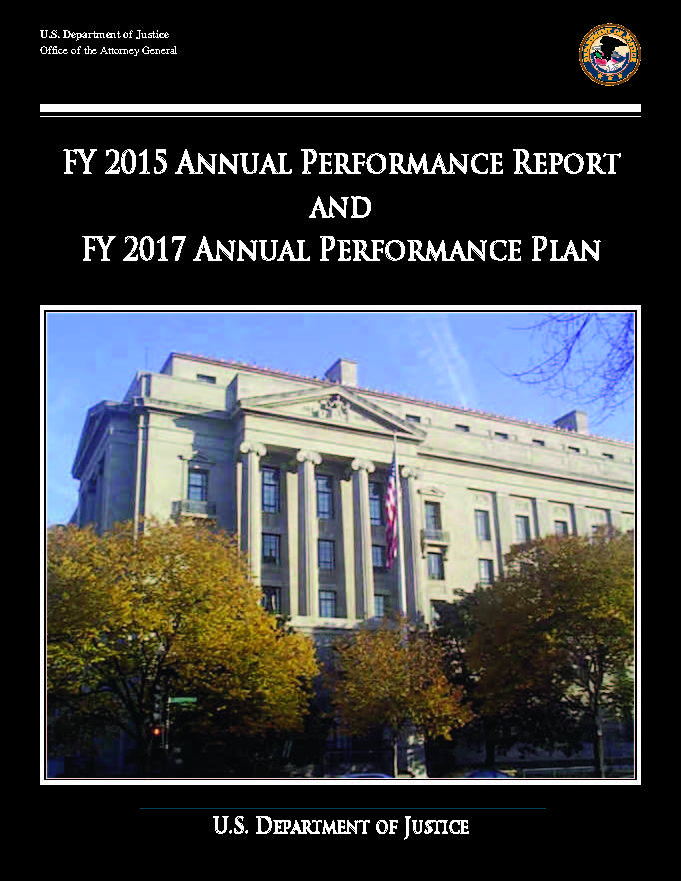- Home
- Agencies
- Department of Agriculture
- Department of Housing and Urban Development
- General Services Administration
- Department of Commerce
- Department of the Interior
- National Aeronautics and Space Administration
- Department of Defense
- Department of Justice
- National Science Foundation
- Department of Education
- Department of Labor
- Office of Personnel Management
- Department of Energy
- Department of State
- Small Business Administration
- Environmental Protection Agency
- Department of Transportation
- Social Security Administration
- Department of Health and Human Services
- Department of the Treasury
- U.S. Agency for International Development
- Department of Homeland Security
- Department of Veterans Affairs
- Goals
- Initiatives
- Programs
Primary tabs
Key to Changes
This text is Revised text
This word has been added to the text
This text is Last Published text
This word has been removed from the text
Modifed styling with no visual changes
Strategic Objective
Prosecute those involved in terrorist acts
Strategic Objective
Overview
Vigorously investigating and prosecuting terrorism offenses is a critical tool in the effort to incapacitate terrorists, gather valuable intelligence, and deter future acts of terrorism. Since September 11, 2001, DOJ’s counterterrorism successes include achieving numerous criminal convictions of high-profile terrorists, defeating would-be terrorists, and protecting the Nation through prevention efforts. The investigation, disruption, and prosecution of terrorism will continue to be the top priority for the Department.
Progress Update
Strategic Objective Review Summary of Findings: The Department of Justice, in consultation with the Office of Management and Budget has determined that performance toward this objective is making noteworthy progress
A key component of the Department’s strategy for successful terrorism prosecutions is maintaining a strong nationwide network of federal prosecutors who are well-versed in national security prosecutions. The strength of these nationwide networks of national security-trained prosecutors is evidenced in the Department’s continued success in terrorism prosecutions. DOJ favorably resolved at least 90 percent of counterterrorism defendants’ cases (FY 2015 actual was 98 percent) and attained a high level of successful terrorism prosecutions. This was a significant accomplishment, given the constantly evolving terrorist threats and ever changing policy/legal environment that contribute to the increasing complexities in prosecuting terrorism cases, and the number of cases that frequently require gathering evidence in foreign countries and protecting classified information.
One of the key components of the Department’s strategy is to continue its work to improve legislation reform to address terrorist and foreign fighter threats, by engaging with foreign prosecutors, participating in interagency delegations, and drafting proposals for DOJ foreign assistance programs. The Department held national conferences and security training courses to share best practices; CRM provided nearly 4,067 training sessions to foreign partners in 2015. NSD also continues to develop and facilitate a variety of trainings, including the National Security Symposium held in February 2015, which focused on foreign fighters and the current issues arising in the investigations and prosecution of those matters. To support cooperation in criminal matters with foreign counterparts, the Department continues to post operational attaches [and deputies] abroad; through Resident Legal Advisors, it provided advice and technical assistance to host governments in establishing fair and transparent justice sector institutions and practices.
Some of the most notable case successes for the Department, include the guilty verdict against Dzhokhar Tsarnaev on April 8, 2015, for his part in the 2013 bombing of the Boston Marathon; and the February 2015 guilty verdict on five counts of conspiracy for Khaled al Fawwaz for his role in al-Qaida’s broad conspiracy during the 1990s to kill U.S. Nationals throughout the world, which culminated in the near simultaneous bombings of the U.S. Embassies in Tanzania and Kenya in August 1998. Notwithstanding the Department’s progress toward this objective, there still remain some challenges. The changing face of terrorism (e.g., “lone wolves”) has made identifying and disrupting threats increasingly resource-intensive; the massive amounts of data needed to investigate and prosecute complex cases; and terrorist groups, such as ISIL use social media to reach thousands and thousands of followers, identifying those who might be interested in committing acts of violence, and using encrypted communication channels for further discussion. The National Security Division (NSD) is ensuring that the law enforcement and intelligence community is able to make efficient use of legal authorities, including foreign intelligence information collection authorities, and is improving how we counter violent extremism, including by exploring ways to counter radicalization to violence before a crime is committed and studying alternative dispositions that may be appropriate. The Department will also continue to provide training and dedicate the necessary resources to prosecute counterterrorism caseloads.









